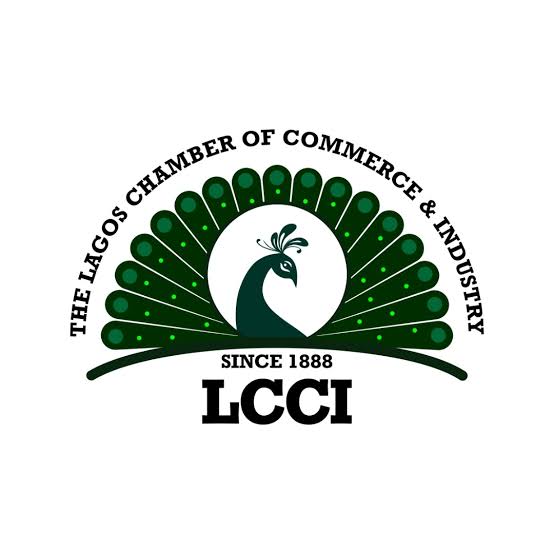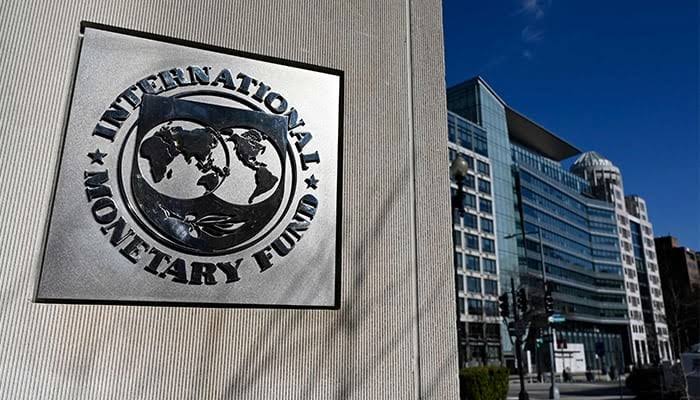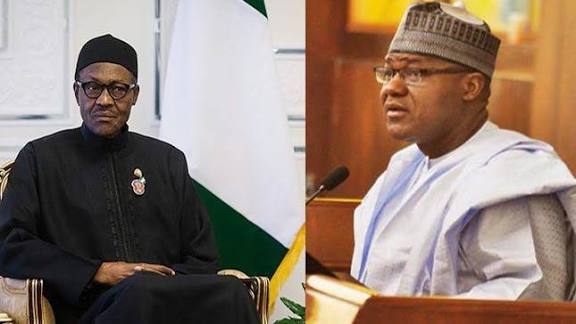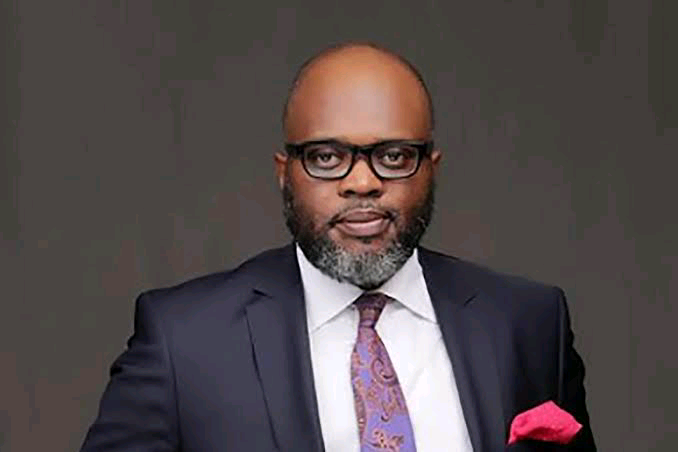The Lagos Chamber of Commerce and Industry (LCCI) has called for drastic actions to reduce Nigeria’s value and cost of public borrowing.
The LCCI stated these yesterday in a public statement titled “Beyond the Forecast: Resetting Nigeria’s Economic Compass,” in which it said that “in a scenario of projected global public debt reaching 117 percent of GDP by 2027 (the highest level since World War II), Nigeria’s current debt level is close to attaining this projection if nothing drastic is done to reduce the value and cost of borrowing within the short term.”
It added that “in the face of fragile economic conditions in Nigeria, we must prioritise a better-managed fiscal policy environment that drives public debt reduction, creating bigger buffers to accommodate the likely increase in defence spending pressures and trade-related shocks to the economy in the short term.”
It said: “With crude oil revenue under attack from falling prices, the government should get stricter with cutting the cost of governance within adjusted budget assumptions that reflect current realities.”
The IMF gave a warning on Wednesday at the launch of its 2025 Fiscal Monitor when the Director, IMF Fiscal Affairs Department, Mr. Victor Gaspar, said that “global public debt is very high and rising. In 2025, it will rise above 95 percent of GDP. It is higher and growing faster than pre-pandemic,” adding that119 countries in the world have public debt higher than before the pandemic onslaught.
The IMF also projected in its April 2025 World Economic Outlook (WEO) and Global Financial Stability Report (GFSR) downward revision in Nigeria’s economic growth forecast to 3.0 per cent in 2025 and 2.7 per cent in 2026. It also projected that Nigeria’s inflation would be an average of 26.5 per cent in 2025 and a surge to 37.0 per cent by 2026.
Almona said that the IMF’s projections regarding Nigeria’s vulnerability to external shocks are not unfounded.
She said: “The country remains heavily dependent on crude oil for foreign exchange, making it susceptible to commodity price swings.
“The increased sovereign spread, volatile investor sentiment, and depreciating exchange rates paint a precarious macroeconomic landscape (and calls for) deeper structural reforms.”
According to her, the “chamber is also alarmed by the IMF’s inflation projection of an average of 26.5 per cent in 2025 and a surge to 37.0 per cent by 2026.
“Although recent policy measures, such as the unification of exchange rates and cessation of deficit financing by the Central Bank of Nigeria, are commendable, they remain insufficient in isolation.”
The LCCI, however, called on the federal government to “sustain ongoing reforms in the oil and gas sector to increase crude oil production, domestic refining capacity, and reduce fuel importation,” in order to enable the country to record an improved oil revenue to support its budget aspirations and projections.
“In terms of increased tax revenue, we urge the federal government to start the implementation of the recommended tax reforms, driven by a better tax administration system.”
The LCCI also advised the government to address the inflationary pressures that seemed not to have sufficiently abated even with the rebased computations by investing “more in infrastructure that drives the productive real sector of the economy.”
The chamber also called for the review and prioritisation of the 2025 budget assumptions to reflect a lower oil revenue expectation. This should also call for necessary and critical adjustments to non-essential recurrent expenditures and non-productive subsidies.”
It also recommended that the government should provide incentives to empower high-growth sectors like solid minerals, the creative industry, and the digital economy in order to intensify non-oil export promotion.





